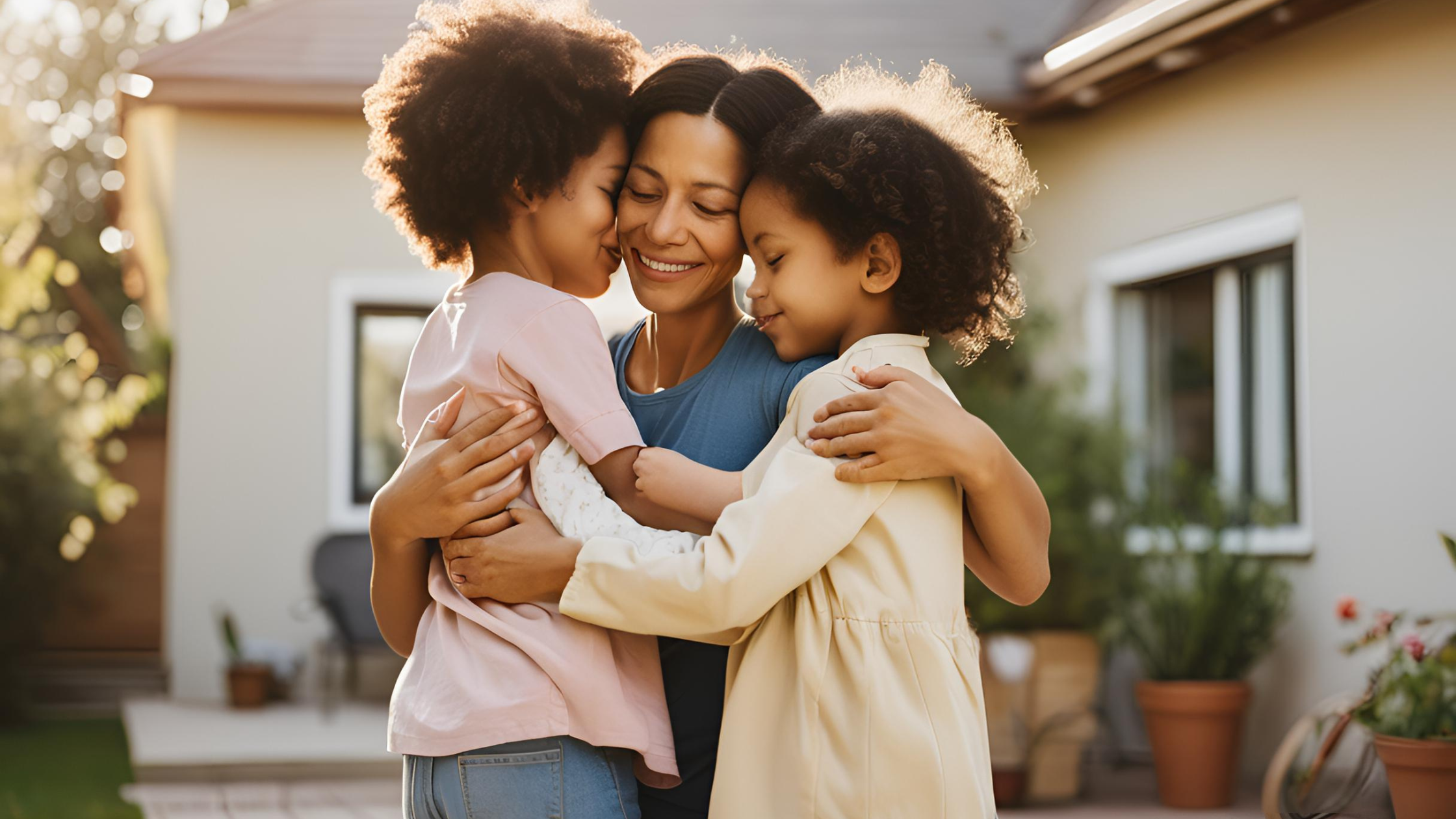Co-parenting after divorce is never easy, but it becomes even more challenging when one parent’s behavior may be emotionally harmful to the children. Emotional abuse can take many forms—negative comments, manipulation, excessive criticism, or even ignoring the child’s needs. As a parent, your priority is to create a safe, supportive environment for your children.
In this post, we’ll explore ways to recognize emotional abuse, protect your children, and promote their well-being. Remember, you’re not alone, and there are practical steps you can take to support your kids.
What Is Emotional Abuse in Co-Parenting?
Emotional abuse is behavior that harms a child’s emotional development and sense of self-worth. It can include:
- Constant criticism or belittling.
- Using guilt or fear to control a child.
- Speaking negatively about the other parent (known as parental alienation).
- Ignoring the child’s emotional needs.
These actions may leave children feeling confused, insecure, or emotionally overwhelmed. Learn more about Recognizing Emotional Harm to Children During Divorce to spot the signs early.
How Emotional Abuse Affects Children
Children exposed to emotional abuse may experience:
- Low self-esteem.
- Anxiety, depression, or withdrawal.
- Difficulty trusting others.
- Struggles with school or friendships.
It’s important to address these issues early to help children build resilience. Check out our guide on Rebuilding Your Child’s Confidence After Emotional Harm for actionable tips.
Steps to Protect Your Children
1. Be a Safe Space
Your children need to know they can come to you for love, support, and understanding. Create an environment where they feel safe sharing their thoughts and feelings.
How to Do This:
- Listen without judgment.
- Reassure them that they’re not at fault for any conflicts.
- Validate their emotions by saying, “It’s okay to feel sad or upset.”
2. Limit Exposure to Harmful Behavior
If possible, minimize situations where your child is exposed to the other parent’s harmful actions. This might mean requesting supervised visits or adjusting custody arrangements through legal channels.
Helpful Tip: Document any incidents of emotional harm with dates, descriptions, and supporting evidence like text messages or emails. Read our guide on Documenting Emotional Abuse: A Parent’s Guide for more details.
3. Teach Your Children Healthy Coping Skills
Equip your kids with tools to handle difficult emotions and situations. These skills will help them feel empowered, even in challenging environments.
Examples of Coping Skills:
- Deep breathing exercises.
- Journaling about their feelings.
- Talking to a trusted adult or therapist.
For more strategies, explore our post on Building Emotional Resilience in Children.
4. Avoid Negative Talk About the Other Parent
While it’s tempting to vent your frustrations, avoid speaking negatively about your ex in front of your children. This can add to their stress and confusion.
Instead:
- Focus on reassuring your kids that they’re loved by both parents.
- Encourage them to express their feelings without taking sides.
5. Seek Professional Support
If emotional abuse persists, involve professionals who can provide guidance and intervention.
- Therapists: Help your children process emotions and build coping strategies.
- Family Mediators: Assist in improving communication between co-parents.
- Legal Experts: Help adjust custody arrangements if needed to ensure the child’s safety.
Check out our article on When to Seek Professional Help for Children Affected by Divorce for more insights.
Your Role as a Protector
Being the steady, loving parent your children need is the most important thing you can do. Your actions, patience, and support will shape their emotional recovery and growth.
Even if you can’t control your ex’s behavior, you can control how you respond. By focusing on creating a stable, positive environment, you’re giving your children the tools they need to thrive.
Final Thoughts
Co-parenting challenges can feel overwhelming, but you have the power to protect your children and support their emotional well-being. Take small steps every day to provide a safe, loving space where they can grow and heal. If you’re looking for more resources, explore our blog posts like Setting Boundaries in Co-Parenting or Creating a Support System for Children After Divorce.
Remember, you’re not alone on this journey. With patience, strength, and support, you can help your children navigate this difficult time and come out stronger on the other side.


